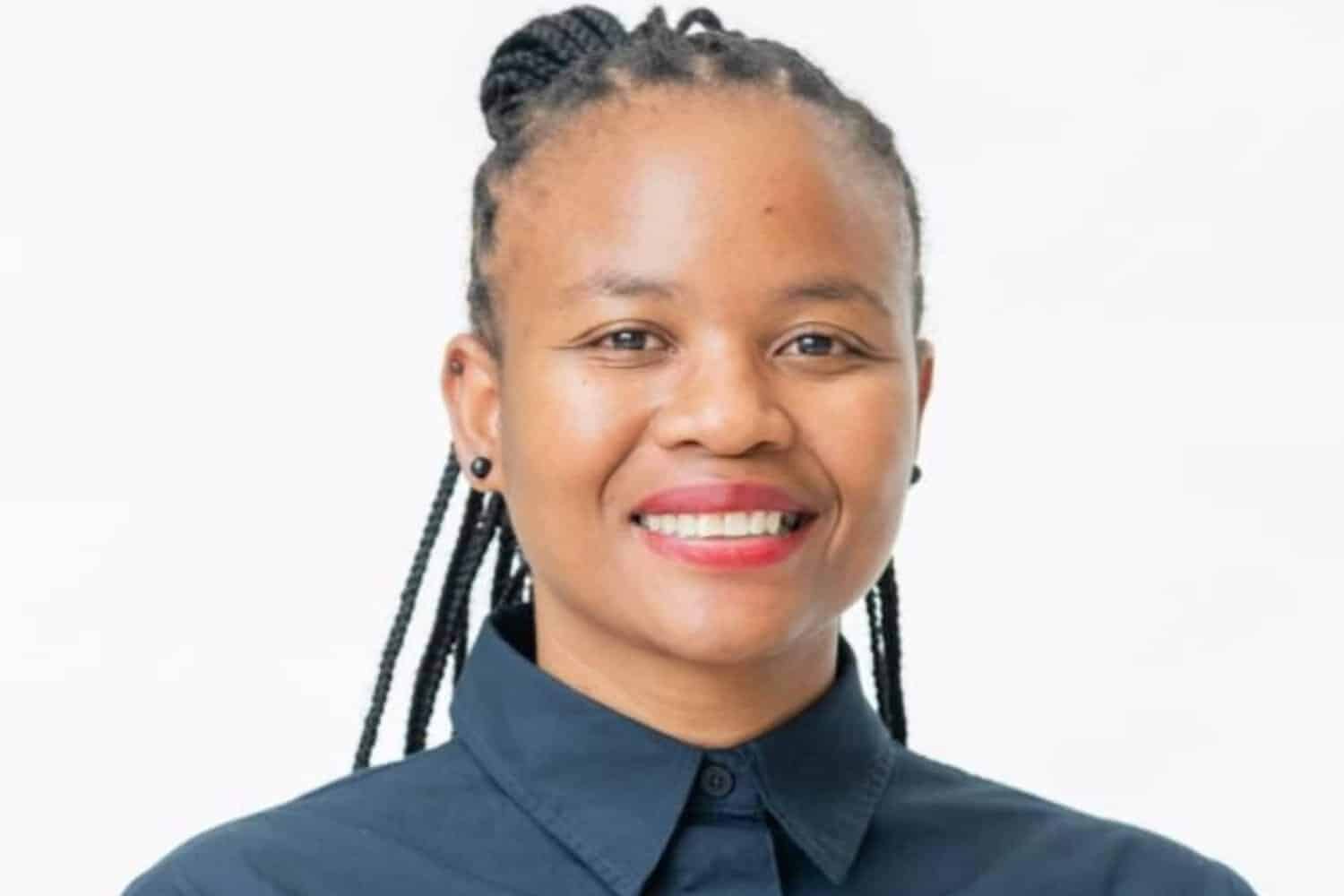To combat the criminal syndicates, Tshwane is acquiring its own fleet of emergency water vehicles.

The city of Tshwane is fighting against armed criminal syndicates that have infiltrated the water tanker industry.
Mayor Nasiphi Moya said these groups have used rifles to prevent access to municipal water sources.
The criminal groups have created a stranglehold on water distribution services in the metropolitan area.
The mayor disclosed the extent of the problem during a briefing of the city’s appearance before the cooperative governance and traditional affairs joint parliamentary committee on Thursday.
“We have a problem with water tanker mafias in the city. When we took a decision to reduce our use of water tankers, these mafias with rifles attempted to prevent access to hydrants,” Moya said.
Despite the intimidation tactics, the city has maintained its cost-cutting measures.
Tshwane procures own water tankers
To combat the criminal syndicates, Tshwane is acquiring its own fleet of emergency water vehicles.
According to Moya, the city is procuring 15 water tankers specifically for urgent deliveries to areas experiencing infrastructure problems.
These tankers are intended for situations where residents normally receive water from taps but face infrastructure failures.
“Those water tankers should be delivered before the end of the financial year,” she said.
ALSO READ: Tshwane mayor plans to use dormant assets to boost city
Electricity rackets exposed
Moya said the criminal enterprise extends beyond water services into electricity distribution.
Illegal operators have established transformer networks in informal settlements and charge residents for power access.
“There are many Eskom and many city of Tshwane [mafias] that own transformers and make communities pay,” Moya said.
The practice affects multiple municipalities and service providers across the region.
“What we have decided to do is to identify six informal settlements that we are busy metering as we speak,” the mayor said.
She added that these six municipalities will be part of a pilot project.
Waste collection disruptions
Similar criminal interference has plagued waste management services.
Contractors boycotted collections for several days last year after the city changed its contract conditions.
The mayor said the disruption forced the municipality to consider building internal capacity for waste collection.
The city has commissioned a study to determine if developing in-house waste management would be more cost effective.
“We then took a decision that we need to go the internal capacity route, but we need the study to just give us an indication if that’s the most cost effective way to do so,” she said.
ALSO READ: Give me five years and I’ll turn Tshwane around – ex-mayor Brink
Addressing service delivery challenges
During Thursday’s parliamentary committee appearance, Moya outlined broader efforts to improve municipal services.
She said the city had begun addressing a staffing shortage that affected key departments.
“We are here to account for progress we’ve made in addressing service delivery challenges. Firstly, we made an effort to address the 41% vacancy rate that persisted in the city. These vacancies were across critical service delivery areas,” Moya told the committee.
The recruitment drive targets essential services including the energy, electricity, water, sanitation and finance departments.
Regional water supply pressures
Meanwhile, the broader Gauteng region faces mounting water supply challenges.
Johannesburg Water on Friday spoke about consumption patterns that exceed available supply capacity.
According to Dineo Majavu from Johannesburg Water, the utility faces complex planning decisions.
“Johannesburg Water must strike a difficult balancing act to handle water consumption that is outpacing supply because of the uncertainty surrounding future trends in population expansion, water demand, infrastructure investment needs and budget constraints,” Majavu said.
READ NEXT: Tshwane mayor, DA clash over R270 000 overpayment






